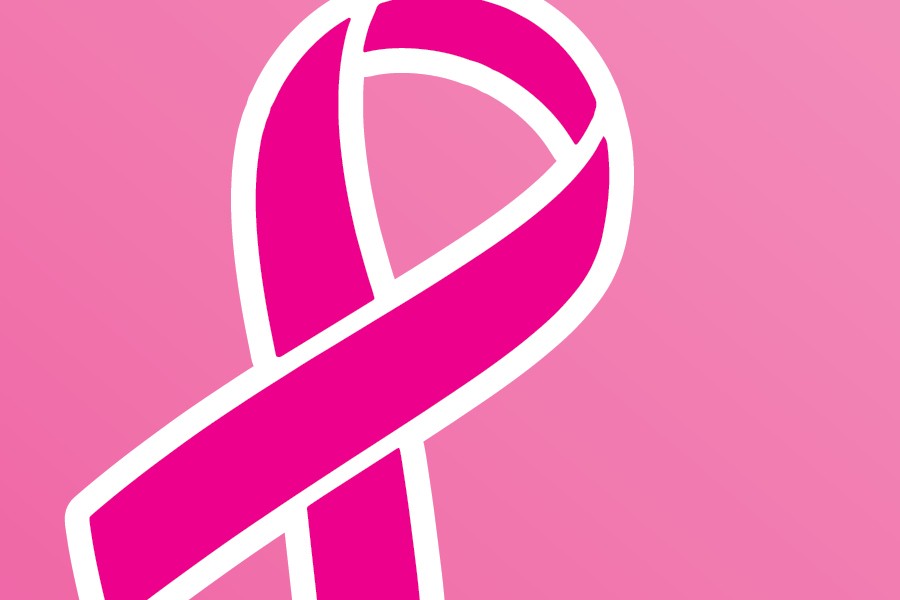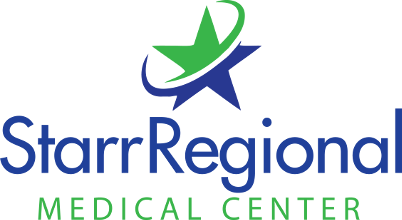Breast Cancer — Be Aware and Take Action
October 2, 2023

October is Breast Cancer Awareness Month
Breast Cancer Awareness Month is observed nationally every October to raise awareness about the impact of breast cancer, and to provide education regarding the most common symptoms and associated risk factors for the disease. By staying informed and taking preventive action to fight breast cancer, we can help to minimize the effect this disease has on women in our communities.
In recognition of this important health observance, we asked Waed Alswealmeen, MD, a general surgeon at Starr Regional Medical Center, to answer some of the most frequently asked questions concerning this form of cancer.
Why is Breast Cancer Awareness Month so important?
Breast cancer is the most common cancer among American women, besides skin cancers. It is the second leading cause of cancer death in women after lung cancer. One in every eight women will be diagnosed with invasive breast cancer in her lifetime. According to the Centers for Disease Control and Prevention (CDC), about 264,000 women are diagnosed with breast cancer each year in the U.S., and roughly 42,000 women die as a result, which is why it is important to bring awareness to this disease and the importance of screening.
What are the risk factors?
The strongest risk factor for developing breast cancer is aging, however it is important to remember that all women – no matter their age – can develop breast cancer. Other risk factors include family history of breast cancer, genetic mutations, obesity – especially after menopause, having dense breasts, as well as smoking and alcohol consumption. It is important to talk to your provider about your risk factors and ask about the best time for you to begin regular breast health screenings.
What are the symptoms?
The classic sign is a lump in the breast or underarm. Other signs include any change in the size or shape of the breast, breast skin irritation, pain in any area of the breast, and discharge other than breast milk. That being said, a lot of women are diagnosed due to an abnormal mammogram. That’s why it’s so important to stay on top of your health and take the proper steps to prevent breast cancer, including having screening mammograms.
What is a mammogram?
A mammogram is using low energy X-rays to examine the breast. It is simple and takes about an hour. It can detect breast cancer before symptoms start to appear. Mammograms have been proven to help reduce deaths from breast cancer by identifying the disease early when treatment is most effective. Most women should get their first mammogram at age 40, and repeat based on their provider’s recommendations.
What else can I do?
In addition to mammograms, there are a few proactive things you can do to help lower your risk for breast cancer. It’s important to exercise regularly, get enough sleep, eat healthy and limit your alcohol intake. Clinical breast exams and self-exams are also good secondary methods for identifying warning signs like lumps or breast pain.
If you would like to schedule a mammogram, call 423.744.3372. To talk with a provider about your breast health, call 423.374.6571 and visit the “Find a Provider” tab. For more information on breast cancer and mammograms, visit breastcancer.org and cdc.gov/cancer/breast.
